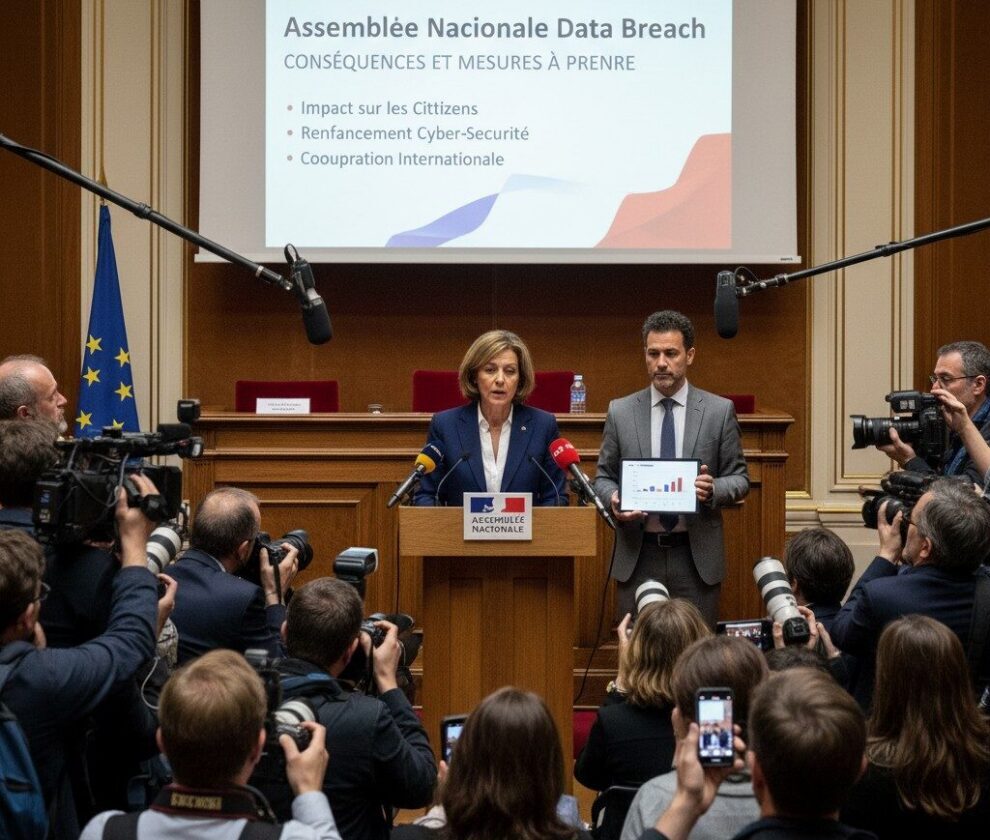On October 17, 2025, a groundbreaking development sent ripples through the tech industry. The Computer & Communications Industry Association (CCIA) launched a lawsuit against the state of Texas over the impending Texas App Store Accountability Act. Set to come into effect on January 1, 2026, this highly debated law requires app stores to verify user ages and secure parental consent for individuals under 18 before they download applications or make in-app purchases. Let’s unpack the ramifications and the reasoning behind this legal challenge.
What Is the Texas App Store Accountability Act?
This new Texas law obliges app stores and developers to ensure users verify their age before accessing digital content. If individuals are under 18, they must link their account to a parent or guardian’s account, who in turn must provide proof that they are of legal age. Additionally, the law mandates stringent content classification to determine whether an app is suitable for minors. These requirements apply broadly, including to applications providing information like online newspapers and public libraries.
CCIA’s Arguments Against the Legislation
Representing leading tech industry stakeholders, the CCIA claims the law directly infringes on the U.S. Constitution. The lawsuit argues it violates First Amendment rights by restricting access to lawful and protected content. Furthermore, the organization raises privacy concerns, emphasizing that users would need to share sensitive personal documents or biometric data to confirm their age.
“This law violates freedom of speech and establishes overreaching control over mobile app users,” stated Stephanie Joyce, CCIA Vice President.
Will This Law Effectively Protect Minors?
A central argument from the CCIA is that the efficacy of this law is questionable. While these regulations aim to block minors’ access to certain apps on mobile platforms, the same content would still be available through web browsers, desktops, or smart TVs. This loophole raises critical questions about whether the proposed measures genuinely achieve their stated goal of safeguarding children. Wouldn’t a more holistic approach offer better results?
Broader Implications: National and International
This Texas statute follows a growing trend across other U.S. states, such as Utah and Louisiana, which have enacted similar laws. The outcome of the CCIA’s challenge could either halt this legislative movement or further entrench it. A win for Texas might encourage legislators nationwide and even internationally to adopt comparable policies. This could present an increasingly challenging regulatory landscape for tech companies to navigate.
Economic Consequences for App Developers
While the public discussion focuses on privacy and free speech, the law also has significant economic ramifications. From small startups to tech giants, app developers will incur substantial costs to comply with these new requirements. This includes implementing robust age-verification systems and redefining content classifications to meet state mandates. Smaller developers, in particular, may find these costs insurmountable, resulting in diminished market competition and fewer innovative app offerings.
The Role of Parents in This Debate
Proponents of the law, like Texas State Senator Angela Paxton, argue that the legislation empowers parents and protects children. Senator Paxton stated on social media that these measures “put the control keys in the hands of families” and aim to create a safer digital environment for future generations. However, critics contend that this perspective oversimplifies the issue and could lead to over-regulation, potentially stifling the diversity of available content.
What’s Next?
The outcome of the CCIA v. Texas case will be closely monitored by tech industry leaders, policymakers, and digital rights advocates globally. Should the CCIA successfully overturn the law, it could set a pivotal precedent against intrusive regulations. Conversely, if the law stands, it could pave the way for more stringent control over digital platforms. Companies will need to double down on balancing legal compliance with preserving their users’ experiences and rights.
Conclusion: A Complex Legal Battle
This case highlights the challenging intersection of protecting younger generations while safeguarding fundamental rights such as privacy, free speech, and innovation. At My Own Detective, we specialize in helping clients manage these intricate matters. Whether you’re navigating digital regulatory changes or strategizing your organization’s compliance approach, our team of experts is here to ensure your success in today’s fast-evolving tech landscape. Contact us for tailored insights and solutions.


